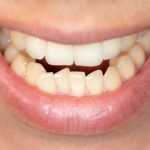Stop Teeth Grinding: Simple Techniques to Prevent Pressing Tongue Against Teeth
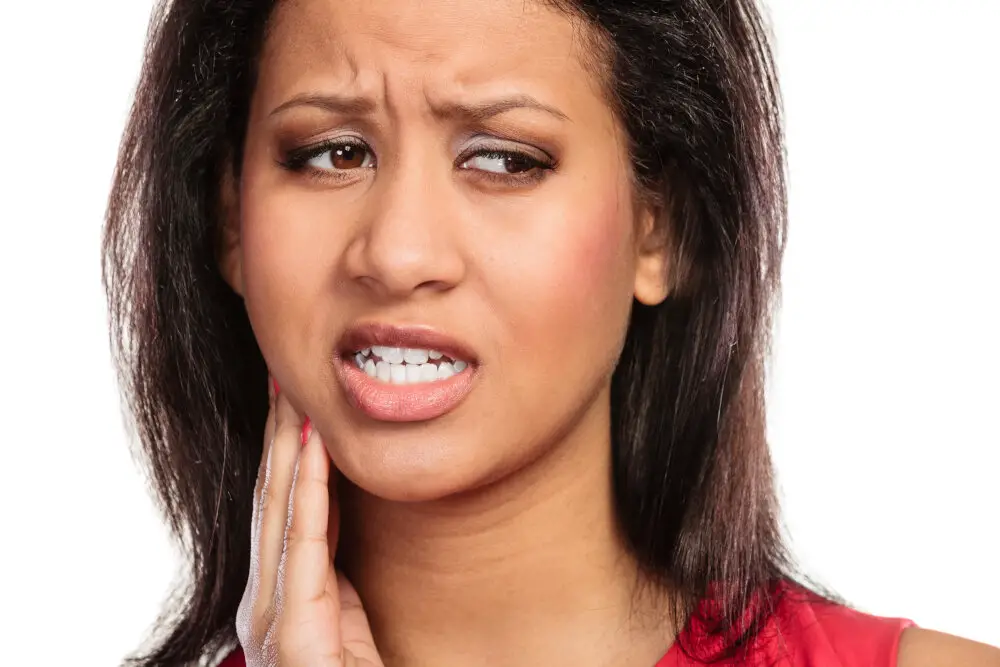
Teeth grinding, also known as bruxism, is a common condition that affects people of all ages. It is characterized by the involuntary and excessive clenching and grinding of the teeth, which can lead to a number of dental and health problems. One of the main causes of teeth grinding is the pressing of the tongue against the teeth, which puts pressure on the jaw and causes the muscles to tighten. Fortunately, there are simple techniques that can help prevent this habit and reduce the risk of teeth grinding. One of the most effective ways to prevent teeth grinding is to become aware of the habit and take steps to break it. This may involve consciously keeping your tongue away from your teeth during the day and before going to sleep. You can also practice relaxation techniques such as deep breathing and meditation to reduce stress and tension in the jaw muscles. In addition, wearing a mouth guard or splint at night can help protect the teeth from damage and reduce the urge to grind. With the right techniques and strategies, it is possible to stop teeth grinding and enjoy a healthy, pain-free smile.
Teeth grinding, medically referred to as bruxism, is a condition where a person grinds, clenches, or gnashes their teeth involuntarily. It can occur during the day or at night, and the person may not be aware of it. There are several causes of teeth grinding, including stress, anxiety, and tension. The condition can also be a result of misaligned teeth, sleep disorders, or side effects of certain medications. Additionally, excessive consumption of caffeine, alcohol, or tobacco can also contribute to bruxism. If not treated, teeth grinding can lead to tooth damage, jaw pain, headaches, and earaches.
There is a clear link between pressing the tongue against the teeth and teeth grinding or bruxism. This habit, also known as tongue thrusting, places excessive pressure on the teeth and jaw muscles, leading to their gradual wear and tear. Over time, this can cause a range of dental problems, including cracked teeth, receding gums, and temporomandibular joint (TMJ) disorder. Furthermore, tongue thrusting can also disrupt the natural alignment of the teeth, making it difficult to bite and chew properly. Therefore, it is essential to address this habit and learn simple techniques to prevent pressing the tongue against the teeth, such as practicing proper breathing, relaxation, and mindfulness exercises.
Learn How to Relax
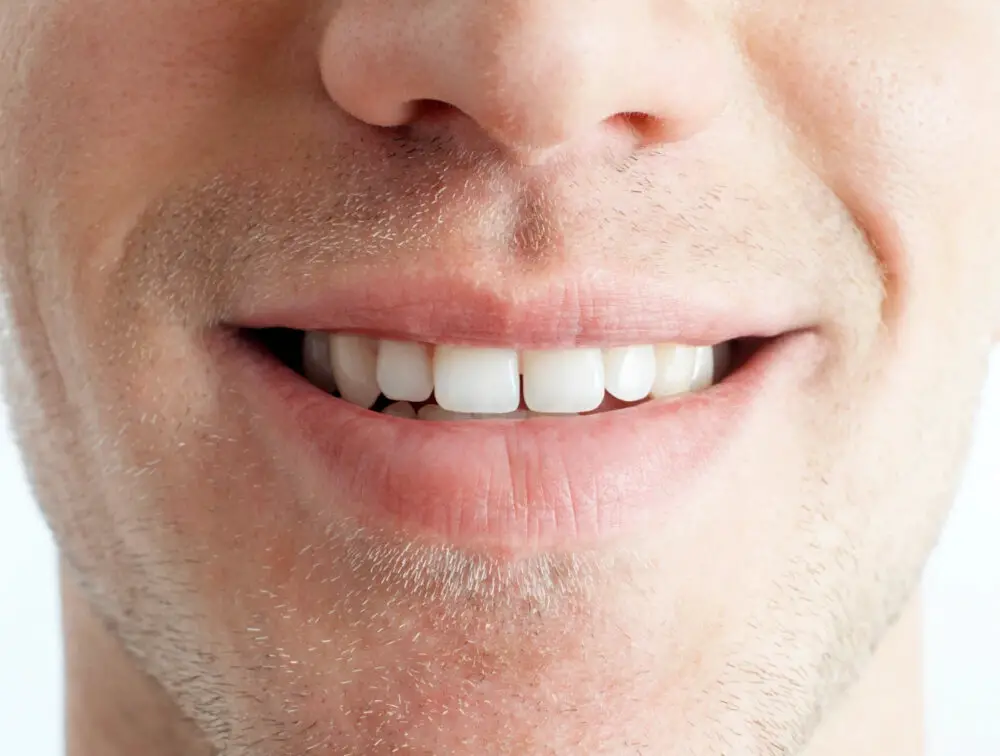
Stress is a common trigger for teeth grinding, and learning how to relax is essential to prevent this habit. There are many relaxation techniques, such as deep breathing, meditation, and yoga, that can help reduce stress and anxiety. These practices can be incorporated into your daily routine to help you become more mindful and calm. Additionally, getting enough sleep, eating a healthy diet, and staying hydrated can also help you relax and reduce stress levels. In addition to these techniques, there are other ways to relax that are specific to teeth grinding. For example, avoiding caffeine and alcohol, which can stimulate the nervous system and make it harder to relax. It is also important to avoid chewing on objects like pens or nails, which can exacerbate teeth grinding. Instead, try to find other ways to keep your mouth occupied, such as chewing gum or sucking on a piece of hard candy. By learning how to relax and adopting healthy habits, you can prevent teeth grinding and improve your overall well-being.
Breathing exercises can be an effective way to reduce stress and anxiety, which are often common triggers for teeth grinding. One effective technique is deep breathing, where you inhale slowly through your nose, filling your lungs, and then exhale slowly through your mouth. Another technique is called belly breathing, where you focus on breathing deeply into your diaphragm, allowing your belly to rise and fall with each breath. Additionally, you can try alternate nostril breathing, where you inhale through one nostril, hold the breath, and then exhale through the other nostril. These breathing exercises can help reduce tension in your body, calm your mind, and decrease the likelihood of teeth grinding.
Yoga is a great way to release tension in the jaw and neck caused by teeth grinding. Some of the poses that can help with this include the seated neck release, where you sit with a straight back and gently turn your head to one side, then the other, while breathing deeply. Another pose that can help is the shoulder roll, where you sit with your arms by your sides and roll your shoulders forward and backward, then up and down. The child’s pose is also effective, as you kneel on the floor with your head and arms extended forward, relaxing your neck and jaw. These yoga poses can help to relieve tension and stress in the jaw and neck, improving your overall health and well-being.
Meditation is a powerful practice that can help calm the mind and reduce stress levels. One technique is mindfulness meditation, which involves focusing your attention on the present moment, observing your thoughts without judgment and letting them pass by. Another technique is mantra meditation, which involves repeating a word or phrase to help clear the mind. Visualization meditation involves visualizing a peaceful scene or object to help quiet the mind. Finally, body scan meditation involves focusing on each part of your body, starting from your toes and working your way up to your head, to help release tension and relax the body. Practicing any of these techniques regularly can help reduce stress and anxiety, leading to a calmer mind and improved overall well-being.
Change Your Habits
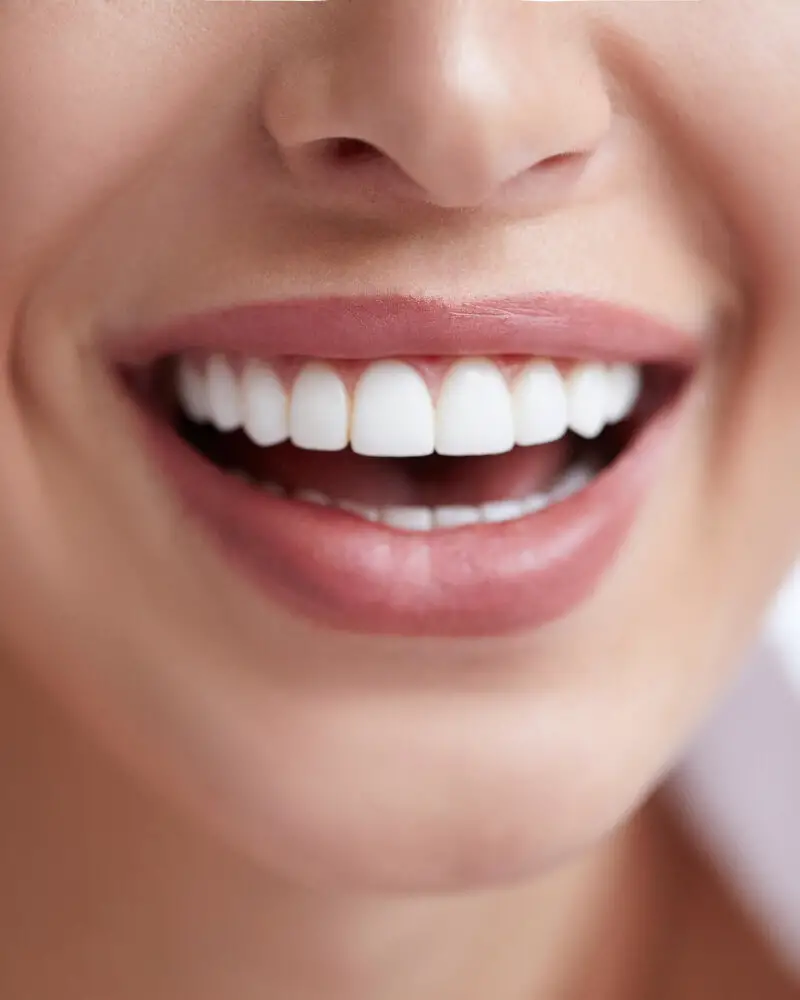
Changing your habits is one of the most effective ways to prevent teeth grinding. If you find yourself grinding your teeth, try to identify the triggers that lead to this habit. Stress and anxiety are common triggers that cause teeth grinding. Try to manage your stress levels by practicing relaxation techniques such as meditation or yoga. Additionally, you can try to create a relaxing bedtime routine to help you unwind before going to bed. This can help you avoid grinding your teeth while you sleep. Another habit that can help prevent teeth grinding is to avoid chewing on objects such as pens or pencils. This can help reduce the pressure on your teeth and jaws, which in turn can prevent teeth grinding. Additionally, avoid chewing gum or hard candies as this can also create pressure on your teeth. Instead, try to chew on soft foods such as fruits or vegetables. This can help you relax your jaw muscles and prevent teeth grinding. By changing your habits, you can prevent teeth grinding and improve your overall dental health.
One of the most effective ways to prevent teeth grinding is to avoid consuming caffeine and alcohol. Both of these substances can exacerbate the problem by stimulating the nervous system and increasing muscle tension. Caffeine can also interfere with sleep, which is a common trigger for teeth grinding. If you’re struggling to cut back on these substances, try gradually reducing your intake over time. You may also want to experiment with alternative beverages, such as herbal tea or sparkling water, to help you stay hydrated and energized without relying on caffeine or alcohol. By reducing your consumption of these substances, you can help to alleviate the symptoms of teeth grinding and promote better overall oral health.
Reducing consumption of hard and chewy foods is a simple yet effective technique to prevent teeth grinding and pressing the tongue against teeth. Hard and chewy foods can put excess pressure on your teeth, leading to increased tension in the jaw muscles and exacerbating teeth grinding. By limiting your intake of hard and chewy foods, you can reduce the chances of experiencing dental problems and discomfort associated with teeth grinding. Instead, opt for softer foods that don’t require as much chewing, such as cooked vegetables, fish, and fruits. Making small adjustments to your diet can go a long way in protecting your teeth and preventing teeth grinding.
Grinding or clenching your teeth can cause severe damage to your mouth, including worn-down teeth, jaw pain, and headaches. Breaking this habit is essential to maintain the health of your teeth and overall wellness. One effective technique is to practice relaxation techniques such as deep breathing, yoga, or meditation. These techniques can help reduce stress and anxiety, which are often the root causes of teeth grinding. Additionally, wearing a mouthguard while sleeping can help prevent damage to your teeth and reduce the urge to clench or grind. By incorporating these simple techniques, you can break the habit of clenching or gnashing your teeth and improve your oral health.
Use Oral Devices

Teeth grinding is a common problem among adults and children, and it can cause severe damage to the teeth and jaw if left untreated. One of the most effective ways to prevent teeth grinding is to use oral devices such as mouthguards or splints. These devices are designed to protect the teeth from the harmful effects of grinding and clenching, and they can also help to reduce muscle tension in the jaw. Mouthguards and splints are custom-made to fit your mouth, and they are worn while you sleep to prevent teeth grinding and clenching. They work by creating a barrier between the upper and lower teeth, which helps to absorb the force of grinding and reduce the risk of damage to the teeth and jaw. Oral devices can be purchased over-the-counter, but it is recommended that you have one custom-made by a dentist to ensure a proper fit and maximum effectiveness. With regular use, oral devices can significantly reduce the symptoms of teeth grinding and improve your overall oral health.
Mouthguards and splints are highly effective tools to prevent teeth grinding, also known as bruxism. These custom-made devices fit over the teeth and provide a protective barrier to prevent the teeth from rubbing against each other. Mouthguards are typically worn at night when most people unconsciously grind their teeth. On the other hand, splints are worn during the day and can help alleviate the pain and discomfort caused by bruxism. These devices not only protect the teeth from damage but can also reduce headaches, jaw pain, and other symptoms associated with teeth grinding. They are a simple yet effective solution to help people stop pressing their tongue against teeth and improve their oral health.
Tongue exercises are an effective way to prevent teeth grinding by strengthening the tongue muscles. One simple exercise is to place the tip of your tongue behind your upper front teeth and glide it backwards along the roof of your mouth. This helps to strengthen the muscles at the back of your tongue and prevent it from pressing against your teeth. Another exercise is to press your tongue against the roof of your mouth and hold it for a few seconds before relaxing. This helps to strengthen the muscles at the front of your tongue. Regularly performing these exercises can improve tongue muscle tone and reduce the likelihood of teeth grinding.
Acupuncture and massage therapy are both effective techniques to relax jaw muscles and prevent teeth grinding. Acupuncture involves inserting thin needles into specific points on the body to stimulate the nervous system and promote natural healing. This technique has been known to reduce stress and tension in the jaw muscles, relieving pain and discomfort caused by teeth grinding. On the other hand, massage therapy involves using hands-on techniques to manipulate the muscles and soft tissues of the body. By applying pressure to the jaw muscles, massage therapy can help improve blood flow, reduce muscle tension, and release endorphins, which are natural painkillers. Both acupuncture and massage therapy are natural, non-invasive methods to reduce teeth grinding and promote overall relaxation and well-being.
Seek Professional Help
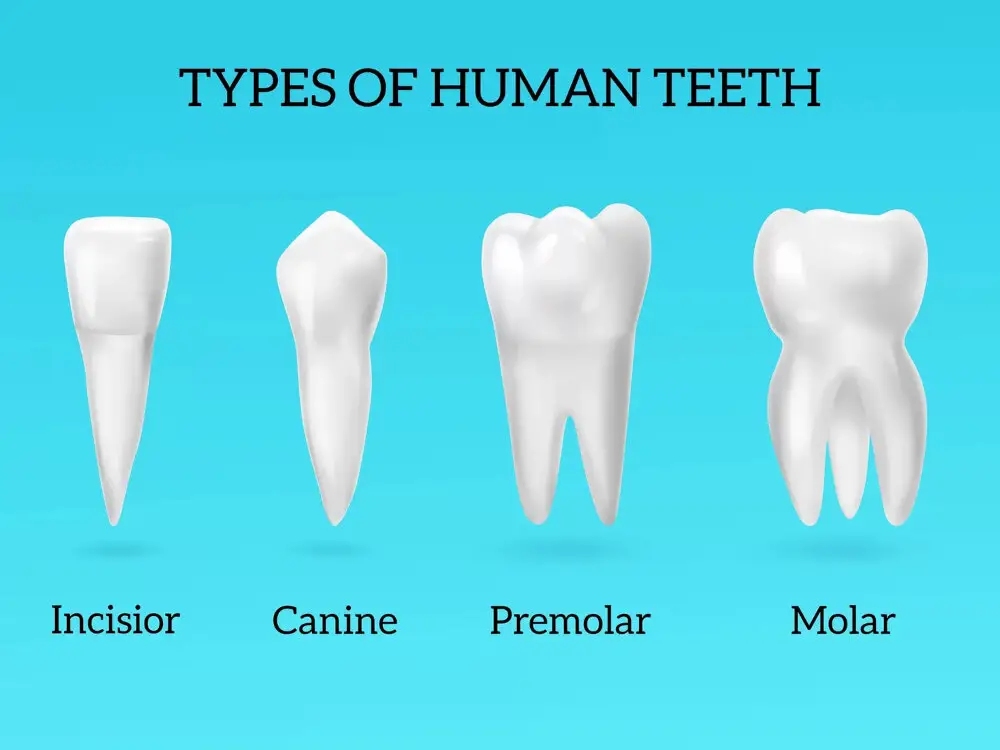
Teeth grinding, also known as bruxism, can be a frustrating and painful experience for many individuals. While there are several techniques you can try at home to prevent grinding your teeth, in some cases, seeking professional help may be necessary. If your teeth grinding is severe and causing significant damage to your teeth or jaw, it’s essential to talk to a dentist or doctor. They can assess the extent of the damage and recommend a treatment plan that’s tailored to your needs. A dentist may recommend wearing a mouthguard, which can help protect your teeth from further damage. They may also suggest dental treatments such as crowns or bridges to repair any damage that has already occurred. Additionally, a doctor may prescribe muscle relaxants or anti-anxiety medication to reduce stress and tension that can contribute to teeth grinding. Seeking professional help can also provide you with peace of mind and reassurance that you’re taking the necessary steps to protect your dental health and overall well-being.
Consultation with a dentist or orthodontist is a crucial step towards preventing teeth grinding. They can diagnose the root cause of the problem and suggest possible treatment options. The dentist may recommend a mouth guard or splint to be worn during sleep, which will help protect the teeth from further damage. They may also advise on lifestyle changes such as stress reduction techniques or dietary adjustments to reduce teeth grinding episodes. An orthodontist can help correct any misalignment issues, which may be contributing to the problem. Overall, seeking professional help can help mitigate the consequences of teeth grinding and ensure long-term dental health.
Cognitive-behavioral therapy (CBT) is a form of psychotherapy that can be highly effective in changing negative thought patterns. This therapy is based on the idea that our thoughts, feelings, and behaviors are interconnected, and that by changing the way we think, we can change the way we feel and behave. In the context of teeth grinding, CBT may involve identifying and challenging negative thoughts related to stress and anxiety, and developing more positive and realistic ways of thinking. Through CBT techniques such as cognitive restructuring and behavioral activation, individuals can learn to recognize and modify their negative thought patterns, ultimately reducing the frequency and intensity of teeth grinding episodes.
If you suffer from teeth grinding, also known as bruxism, you may benefit from prescription medication to reduce anxiety and muscle tension. These medications work by calming the nervous system and reducing muscle activity, making it less likely that you will clench your jaw or grind your teeth. Common medications used for this purpose include benzodiazepines, such as diazepam (Valium), and muscle relaxants, such as cyclobenzaprine (Flexeril). However, it is important to note that these medications can have side effects and should only be used under the guidance of a healthcare professional. In addition to medication, there are other techniques you can use to prevent teeth grinding, such as practicing stress-reducing activities like meditation or yoga, and wearing a mouthguard at night.
Teeth grinding, also known as bruxism, can cause severe damage to your teeth, cause headaches, and disrupt your sleep. Fortunately, there are several techniques that you can use to prevent grinding. First, avoid drinking caffeine and alcohol, especially before bed. These substances can lead to teeth grinding while you sleep. Second, try practicing relaxation techniques, such as yoga and meditation, to reduce stress and anxiety. Third, consider wearing a mouthguard at night to protect your teeth. Fourth, maintain good sleep hygiene by avoiding electronics before bed and sticking to a regular sleep schedule. By following these techniques, you can prevent teeth grinding and keep your teeth healthy and strong.
Teeth grinding, also known as bruxism, is a common condition that can lead to serious dental problems if left untreated. While there are some simple techniques that can help prevent teeth grinding, it is important to seek professional help if necessary. A dentist can evaluate the severity of the condition and recommend treatment options that can help alleviate pain and prevent further damage to the teeth. Seeking professional help can also help identify any underlying causes of teeth grinding, such as stress or sleep disorders, and provide targeted treatment to address these issues. By emphasizing the importance of seeking professional help, individuals can take proactive steps to protect their dental health and improve their overall well-being.
Good oral hygiene is essential for maintaining healthy teeth and gums. Brushing twice a day, flossing, and using mouthwash are key steps in preventing dental problems such as tooth decay and gum disease. Additionally, it is important to visit the dentist regularly for checkups and cleanings. These visits allow the dentist to detect any issues early on and provide necessary treatment. Neglecting oral hygiene can lead to painful and costly dental procedures down the line. So, make sure to take care of your teeth and gums by practicing good oral hygiene and visiting the dentist regularly.
Conclusion

In conclusion, teeth grinding can be a debilitating condition that not only affects your oral health but also your overall well-being. Fortunately, there are simple techniques that can help prevent pressing your tongue against teeth and mitigate the harmful effects of this habit. These include practicing relaxation techniques, avoiding stress triggers, wearing a mouthguard, and seeking professional help if necessary. By taking proactive steps to stop teeth grinding, you can regain control of your oral health and improve your quality of life. Remember, prevention is always better than cure, and with patience and perseverance, you can overcome this condition and enjoy a healthy, happy smile for years to come.







